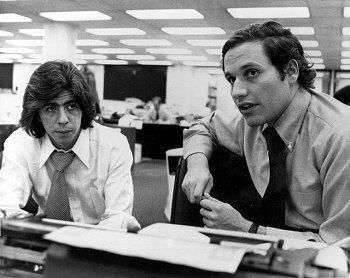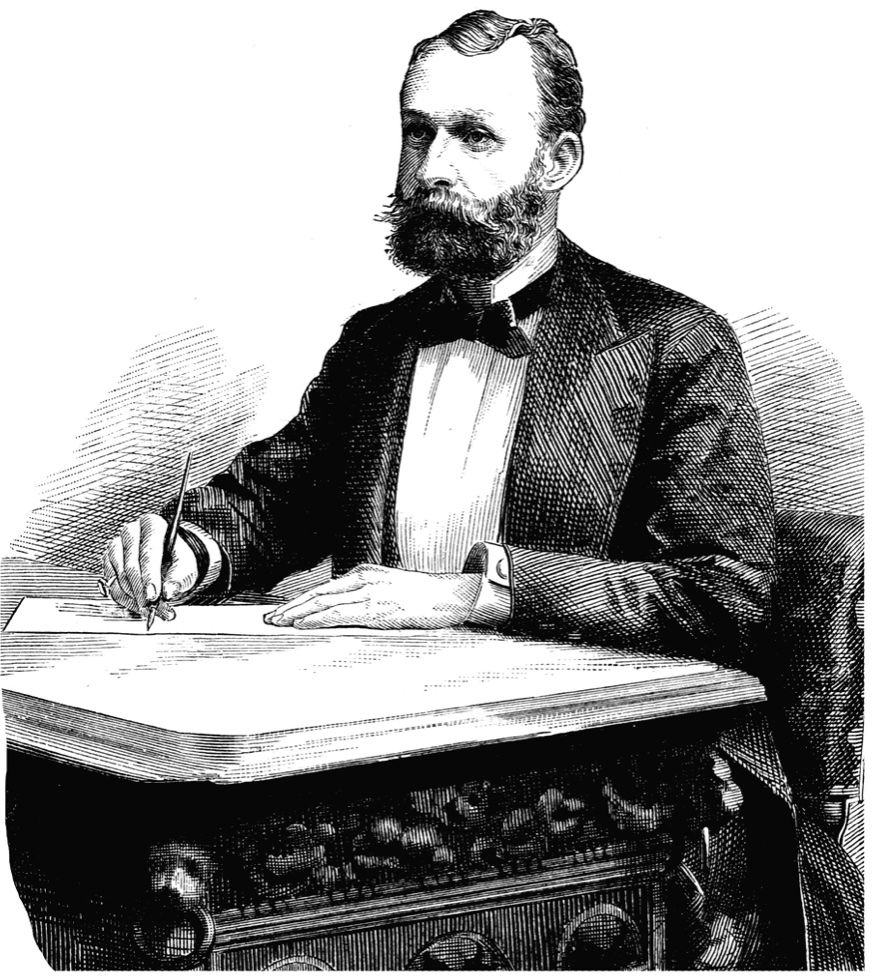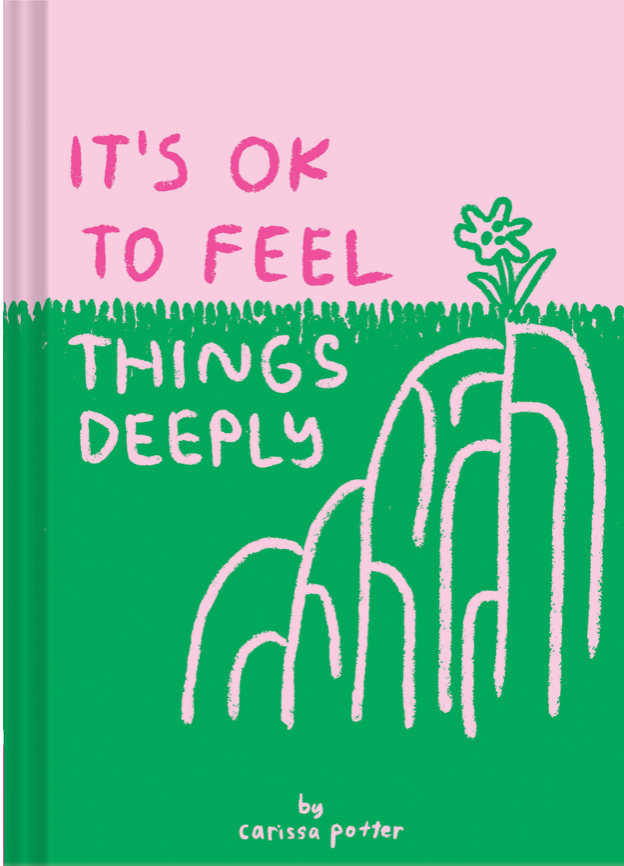All the President’s Men is indisputably the all-time best film about journalism ever made in the history of the universe of films being made about journalism. (Take that, Citizen Kane.)
It’s not about journalism in the boring sense, but the golden snitch for every journalist: breaking the story. (And, some weird lobstery guy who, I understand, did a couple of dumb things as president.) If Hollywood is to be believed – and I’d like to think that it is – a truly great journalist will stop at nothing, will leave no scruples standing, in pursuit of that grail. If you’re trying to have integrity and hone writing skills over a long, industrious career to one day enjoy a body of good, true, and beautiful work that made the world a better place – I hope you’re not a journalist. You might as well be a one-legged man in a three-legged race and/or chin-kicking contest: it’s not looking good for you.
Journalism is for the two-legged only. I suppose if you have three or more legs you can get into the biz, but you may have some serious medical conditions you should have a professional look at.
Journalism is for those in whose veins runs fire unquenchable for unbroken story; those with nose for news that sniffs out story’s scent like foxhound smelling quarry’s stink, even when quarry has recently dated skunk in feeble, but foxy, attempt to throw trail. The journalist cannot be derailed from his or her density, excuse me, destiny.
With the publication of this piece, I, too, enter the ranks of the many great (imaginary) journalists who shook off naysayers’ shackles and found a way – found the story. It might be presumptuous to start talking Pulitzer, but I thought I’d at least mention it in case the committee has a Google alert set-up to let them know when awesomeness gets published on the Internet. It’s not every day one can say they discovered, what is sure to be, the next major global cultural phenomenon.
Warning: once the word is out, this thing is going to be harder to get your hands on than the new KFC Double Down Sandwich. (Which I am likely to cover in a future article.)
I’ve been compelled by voluminous stories before: The Lord of the Rings, the Space Trilogy, The Chronicles of Narnia, The Martian Chronicles, I & II Chronicles. Basically, if you put “chronicles” in the name, you stand a good chance of me liking it. And now, a new series has risen to their level, and I think many after me will agree, and some will argue it may be best of all.
This seven-volume collection “chronicles” the coming-of-age of a young wizard in modern-day England: Harry Potter. Each installment, titled Harry Potter and The Whatever-The-Main-Plot-Thing-Is-From-This-Particular-Book, moves steadily through Harry’s seven years at what is called “Hogwarts,” a school for witchcraft and wizardry somewhere in northern England that can only be accessed by a magical train, or other magical means.
The Harry Potter series is chock full of the fantastical as Harry and his friends Hermione and Ron tackle one adventure after another. Together they find themselves immersed in a long, dark battle against an evil wizard whose name most fear to speak. Having been one of the very few to have read these brand-new books, I hesitate to type the letters: V – O – L – D – E – M – O – R – T.
This Voldemort – or He-Who-Should-Not-Be-Named, as all the characters save Harry and the enigmatic and lovable headmaster, Dumbledore, call him – has got a score to settle with Mr. Potter, or The-Boy-Who-Lived, as he’s called, because he is the only person ever to have survived Voldy’s killing curse.
Another word of warning here, be on the lookout for a slew of references in pop culture to this The-One-Who-Shan’t-Be-Named stuff. I have a sinking feeling it’s gonna be around for a while. As will the use of hyphens to turn a sentence into a noun. For that we have J.K. Rowling to thank.
A precocious little wife and mom with an acre lot, a white picket fence and the Union Jack flying proudly from the porch (I assume the British are as into that stuff as we are, right?), J.K., or J. – as those closest to her and I call her on account of we are the only folks out there trumpeting this would-be blockbuster – got the idea for these stirring and ever-so-readable books from what can only be described as a luminous vision of herself sitting in Buckingham Palace at high tea with Her Majesty after the masses finally get a hold of these artifacts and make her the richest woman in the U.K.. Second to the Queen, of course.
That day is a long way off, but perhaps this breaking story can be a catalyst for the recognition and honor that she (and by extension, I) deserves. But we can dream.
Having recently finished the seventh book, I am convinced that Harry Potter will hit it big with the kids first. J. has a great sense of what kids are thinking and how they perceive school and teachers. It seems as though she’s written this, not for the high-brow literature critic like me, but for those schoolboys and girls whose imaginations and dreams seem to be locked up in the proverbial closet under the stairs. (Ironically, that’s where Harry was locked up when you first meet him in book one . . . )
I do foresee a little troubled water ahead for the series if it manages to cross the pond. And I certainly hope it does. Peppered throughout the thousands of pages are words that strike fear into the hearts of many Americans. Words that some don’t think anyone should causally toss about. Words like “spell,” “witch,” “wizard,” “wand,” “witchcraft,” “wizardry,” “magic,” “England,” “flying,” and “Hermione.” A few will see these words as an outright endorsement of Satanism and/or the Occult. They’ll protest the idea that it’s okay, even good, for kids to read about fictional children in a made-up story doing fake spells and battling a non-existent evil-snakey-wizard-guy, all the while bolstering their imaginary friendships and learning valuable figmentary life lessons. They’ll say kids are too impressionable to understand the difference between real and make-believe. They’ll ask, “If they read these books, won’t they start trying to fly on broomsticks, levitate their peers, turn eggs into rocks, and other dangerous, magicky stuff?”

Reminds me of when I was a kid. I thought that if I just thrust my plastic sword higher and fiercer into the air and bellowed, with cracking voice, the “magic” words, I, too, would “have the power” and the accompanying steriody pecs and skimpy wool underwear. Well, look what happened to me. I write goofballish articles online, make up words, use too many hyphens and play the saxophone . . . which is the devil’s horn. Oh my! Maybe they’re right. Maybe we should stop this magicky Harry Potter thing before all our kids end up playing saxophone!
Well, anyway, the winds of change they are a blowin’ and they’re bringing with them witches and wizards (and not the innocent Gandalf-type we all know and love in spite of the fact that he, too, is a powerful, gray-haired, magical, Dumbledorean, spell-casting wizard).
I do forecast, however, that while this trend will come out of the gates strong, good ol’ American consumerism should win the day. Once Walmart starts selling the books and peripheral goods (and believe you me, they will), the protesters will put down their signs and fall in line with fellow consumers to snatch up hundreds of dollars in merchandise on behalf of one Santa Claus (a known imaginary figure who uses magical means to deliver gifts to kids who do good and who deserve them for the doing of the good things they did do).
Since none of you have yet read this about-to-be monumental series, I don’t want to give too much away. Suffice it to say that, more or less, above all else, when push comes to shove, in the end, these books are about love. Not a sappy, easy kind of love, but the difficult and sacrificial kind. The kind of love which reminds you that those things worth loving aren’t so easily had or kept. That kind of love which puts neighbor before self. That kind of love that lights the darkness.
The kind of love that inspires Hollywood to crank out flicks that make oodles of dough, cashing in our collective soft spot for pre-teen/teenage fantasy book-turned-movie sacrificial-loved-themed stories. If I were a betting man, I would rush over to Vegas and put money down on the odds that these books will become feature films. I’m sure the action will be good, although the line probably won’t. Any sportsbook that would put up a money line on the Harry Potter series – and had literate staff – is gonna open the line around -500 that the movies will get made. Not a favorable risk if you’re betting sports. But if there ever was a sure bet in literature turned motion-pic, this is it. My advice: plunk down your retirement savings (or what’s left of it) on Harry Potter goes Hollywood (that sounds oddly like a sequel to the sequels) at -500 and pray that I’m not wrong about how sure of thing a movie deal for Harry is. (Gambling, and any discussion of it, is for entertainment purposes only. Unless you’re a wise guy. Then I take 15% commission for the tip.)
Whether or not this quaint little series ever rakes in billions at the box office, finds itself on the New York Times bestseller for weeks and weeks on end, drags bleary-eyed mums and dads out to the only bookstore left in a 100-square-mile radius at midnight to get their soon-to-be-saxophone-playing, magic-deprived kid the next book, or, um, rakes in billions at the box office, remains to be seen. For now, if you can burrow to the dustiest back shelves of your local mall’s B. Dalton or Waldenbooks, you might find one or two of the Harry Potters.
Oh, and don’t count on getting any help from the pubescent cashier. I recently was trying to hunt down Book Two and asked the pimple-faced youngster stocking shelves if he’d ever heard of Harry Potter and be able to direct me to its location in that fine establishment. He just stood there and gawked at me like I’d just sprouted a second head. Kids these days. Maybe he would have picked a few manners (in addition to transformation spell or two) if he had read any one of the H.P. tomes.
So. Now you can tell all your friends, you heard it here first.
I guess, what makes me sad about writing this piece, is that it may mark the end of my tenure as contributing editor at The Curator. Once it’s out that I was the one who discovered what will be the greatest literary phenomenon of all time (save the Bible I suppose) I think I might find myself overwhelmed with interviews, talk-show appearances, and maybe even tell-all book deals about my miraculous journey from wayward web-writer to Woodward-and-Bernsteiner.
I’ll save my thank yous for my Pulitzer acceptance speech, with this one exception: The Curator. Read it. Bookmark it. Tweet it. It’s as verisimilar as a small online magazine imprint of the International Arts Movement can be in our age of anti-verisimilitude.




